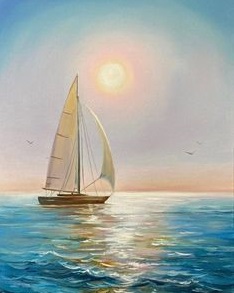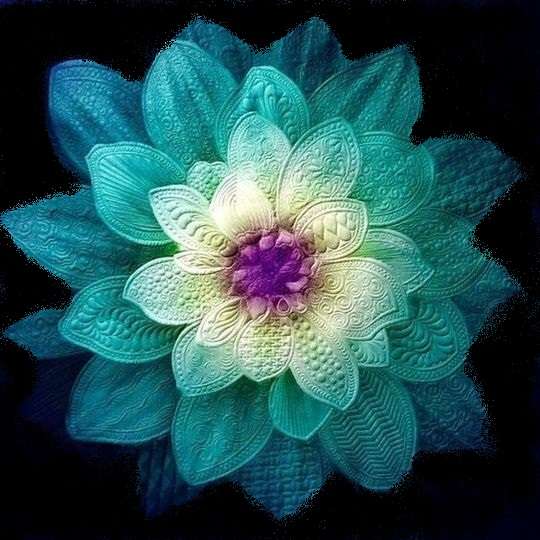
alone in my boat,
I follow the sun at high noon —
to find you
'cause I need your breath in my sails
and your mast to hold on to
|
Author Notes
"May your sails always billow and your boat remain free from the doldrums. May your voyage be triumphant." - anonymous
-- Mast = a structure rising above the hull of a boat to hold sails
-- To find north the sun's highest point (noon or high noon) is directly south
TANKA is a Japanese unrhymed love poem having about 12 to 31 syllables usually arranged in five lines. The first English-speaking poets imitated the Japanese models of 5-7-5-7-7 syllabic structure in five lines, but because Japanese syllables are shorter than English syllables the poems were too wordy and choppy. The beginning two lines are descriptive and image-focused, and the third line serves as a transition to the bottom two lines which are reflective using metaphor, simile, or personification. The subject matter varies, but most tanka are emotionally stirring or profound, and many are about love. Tanka originated in the seventh century in the Japanese Imperial Court, where women and men engaged in courtship. click here if you want to read modern tanka examples === click here to read Tanka Society of America === click here if you want to read modern tanka rules
Thank you very much for taking the time to read and review my poem.
Gypsy
"Poetry heals the wounds inflicted by reason." - Novalis
picture from Pinterest.com
|
|





